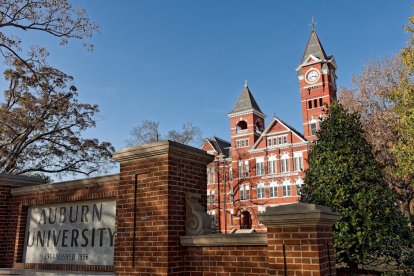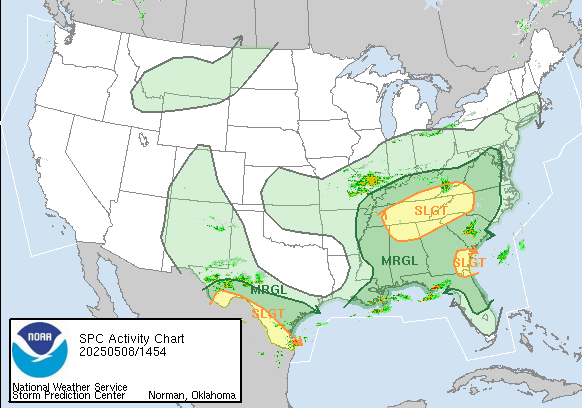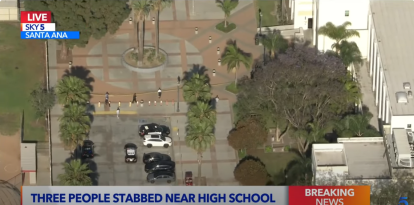Southern universities are freer, more diverse and are attracting students from across the country
Samuel J. Abrams (AEI): "If high school students want a politically heterodox education, they should look to the South."

Auburn University / Allen Forrest (Flickr).
Why are more and more young people from the north heading south for college? Town & Country magazine asks this question in a related report on the many young people flocking from the north of the country to more southern locations when looking for a university.
The magazine tells the story of Brennan Vincent. She was trying to figure out where she would pursue a college degree when her father suggested she consider Auburn, Alabama. Although it is a long way from New York City where they live, he himself attended university there and is proud to have done so. The magazine says:
Going south
The phenomenon itself is not new. The magazine acknowledges that southern universities have always welcomed students from other parts of the country, "thanks to reputations as rigorous schools in cool places."
What is new is that several other universities are joining that select group of desired universities. The magazine says:
Why?
So the question is the exactly what the magazine was asking: Why are more and more young people from the north heading south for college? The climate has not changed in either the north or the south, nor does demographic evolution explain this trend. What is it, then?
The magazine focuses on a very important cultural issue as far as universities are concerned: George Floyd's death triggered studies devoted to racial issues from the perspective of Critical Race Theory, a racist view of society. Sex is also taught as a divisive element in society as well as the ideology of identity and woke floods everything. According to the magazine:
Greater freedom and diversity
This still does not explain why southern universities are so attractive to students. However, Christopher Rim, CEO, and founder of the university consulting company Command Education, points out that there are cases in which universities in the south are freer and more diverse and allow for a sense of community unique to universities that are truly dedicated to broadening students' knowledge.
Samuel J. Abrams, a researcher at the American Enterprise Institute (AEI), believes the following:
In light of this situation, Abrams believes that "If high school students want a politically heterodox education, they should look to the South. At Southern schools, they will not be sheltered from 21st-century ideas or the realities of the world; they also won’t be cocooned in a liberal bubble with so many like-minded student peers."
RECOMMENDATION





















